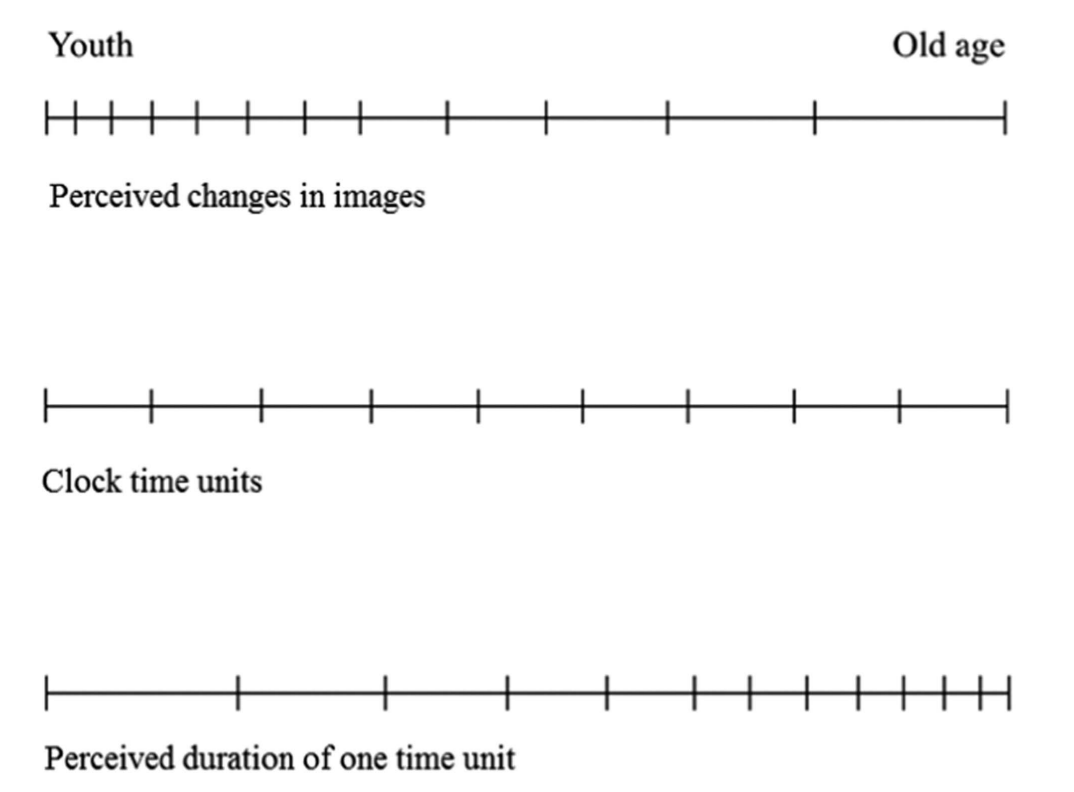Solving Time
2025-0831
Fresh out of dropping out of my PhD. I asked myself what my motivation should be.
My mentor, who introduced and inspired me to the world of human-computer interaction (HCI), would phrase projects as solving __. When I was trying to pivot directions during my PhD from laser-powered robots to brain-computer interfaces, he phrased it as “solving brain-computer interfaces” as if I would come up with the new “standard” for brain measurements and solve 50 year long paradigms like motion-artifacts and signal integrity. However, upon reflection, this phrasing brings a profound sense of importance to the work we do.
So, for the foreseeable future, my goal is to “solve time.”
Why Time
I still get comment on my LinkedIn bio:
My grade-school friend’s mother spoke in a strong Swedish accent - fast and difficult to understand. I thought to myself, “does her brain function faster than ours?” Probably not, but from that moment, I developed a desperate curiosity for the brain that I have never been able to fully satisfy. I believe that someday, our brains can be rewired to think at higher speeds and efficiency, through technological and medical advancements. Maybe one day we’ll think (and speak) so fast, we’ll perceive the same 24-hours to be longer than we do today.
I wrote this back in high school when I first learned about neuroscience. But this curiosity has stuck for almost a decade. It was fascinating to think about why my time at DisneyLand felt so short but the school days felt so long.
Recently, in a more practical vain, I’ve been thinking about how we should be spending time. Trendy terms like 996 and LinkedIn posts about founders grinding make me question how time is meant to be spent and how this can all be sustainable. Prioritize sleep, prioritize eating healthy, prioritize working out, prioritize socializing, prioritize work, prioritize talking to users, prioritize everything and you’ll make it.
A Foundation Model for Time
What would a “foundation model for time” even look like? What would it know? What would it be trained on. And to clarify, I’m not talking about a foundation model for timeseries.
But imagine a model so versed in time it can understand the intricacies of perception but also be objective about time. It could tell us when to experience and when to optimize. More practically, it may look like tools that don’t just manage your schedule, but truly enhance your experience of your time, helping you achieve flow states more readily, mitigate burnout, and leverage your peak cognitive performance. It’s about designing our interaction with technology to enrich our most precious resource: time itself.
